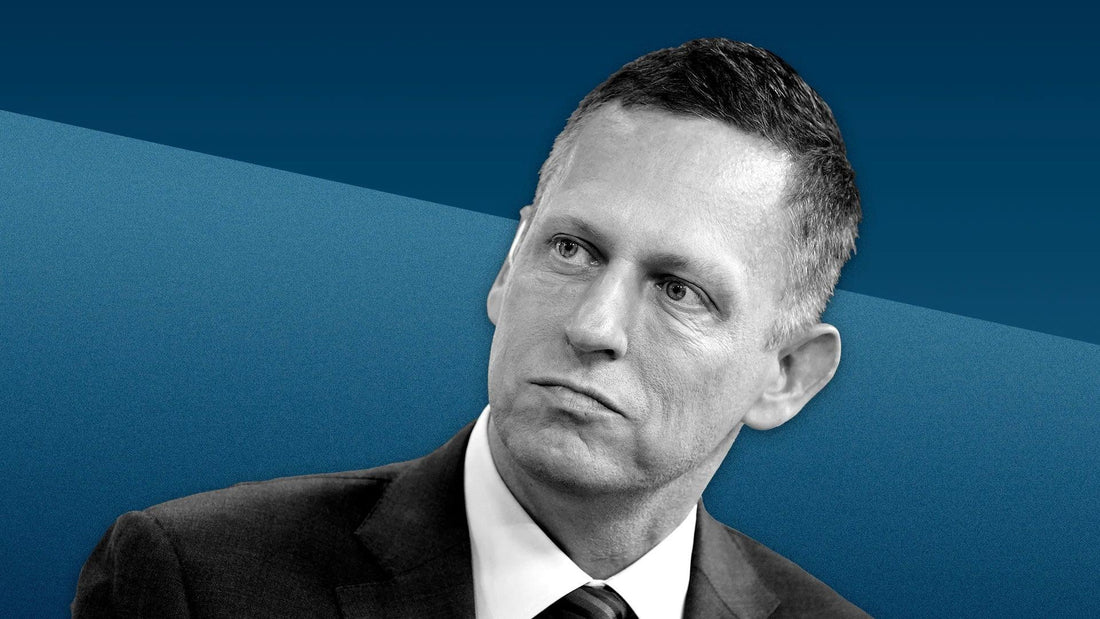Peter Thiel Advice for Young Entrepreneurs
Share with Friends

Peter Thiel discusses the keys to entrepreneurial success, emphasizing the importance of creating value and capturing a significant portion of it. He argues that while many innovations create substantial value (X), they fail to capture a sufficient share of that value (Y), contrasting the success of software companies with industries like airlines. Thiel proposes a framework differentiating between conventional truths, mysteries, and “secrets”—problems that are hard but solvable. He believes many such “secrets” remain undiscovered, urging a contrarian approach to problem-solving, emphasizing that the lack of widespread belief in the possibility of discovering these secrets creates an opportunity for those willing to look. He uses the example of PayPal’s pursuit of a new world currency (though unsuccessful in that specific goal) as a catalyst for innovation in payment systems, highlighting that even failed attempts can lead to unforeseen success.
Highlights
- 💰 Create Value and Capture It: Successful businesses create significant value (X) and capture a sizable portion of it (Y). Software’s unique ability to achieve high Y is a key factor in Silicon Valley’s success.
- 💡 Secrets Still Exist: Thiel challenges the notion that all valuable knowledge has been discovered, proposing a focus on “secrets”—difficult but solvable problems that most people overlook.
- 🤔 Contrarian Thinking: He advocates for a contrarian approach, suggesting that the very belief that all answers are known discourages investigation and creates opportunity for those who dare to challenge the status quo.
- 🌐 Globalization’s Blind Spot: The widespread belief in globalization and a “flat world” has ironically led to a lack of exploration for new opportunities and untapped markets.
- 🚀 Failure as a Stepping Stone: Thiel illustrates that even failed attempts at ambitious goals (like PayPal’s cryptocurrency venture) can lead to unexpected breakthroughs and valuable innovation in other areas.
1. Why are software companies unique compared to Airplane companies?
2. What is something that is True that few people agree with you on?









